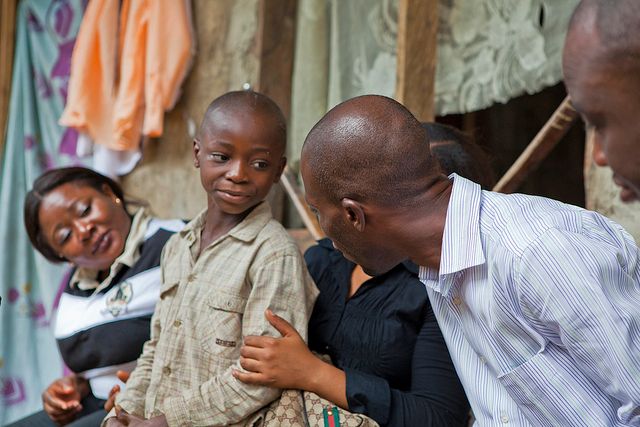

- #Different types of non formal education how to#
- #Different types of non formal education full#
- #Different types of non formal education professional#
- #Different types of non formal education free#
Informal learning, lastly, is also developed whether or not there is a deliberate choice and is realised in the performance, by any person, of activities in everyday situations and interactions that take place in them, within the context of work, family and leisure, i.e. People of all age groups can participate in non - formal education which can be offered through courses, workshops, seminars. Thus, non – formal education is any type of structured and organised learning which is institutionalised, intentional and planned by an educational provider, but which does not lead to formal level of qualification recognised by the relevant national education authorities. Non-formal learning is characterised by a deliberate choice of the person, which takes place outside of the systems mentioned above, in any organisation pursuing educational and training purposes, even volunteering, the national civil service, private social service and in enterprises.
#Different types of non formal education professional#
Formal education encompasses primary, lower and upper secondary education, higher and university education that culminate in the achievement of a degree or a professional qualification or diploma or a recognised certification as well as adult education programmes.
#Different types of non formal education full#
Formal education is usually organised as full – time education and is organised as a continuous process with defined stages.

It is official, structured, organised by public organisations or recognised private institutions and results with formal certification and formal level of qualification which is recognised by relevant national educational authorities. Therefore, forms of education can be distinguished according to the level of organisation and structure, conditions in which learning takes place, functionality and applicability of knowledge, skills and attitudes and level of certification of learning outcomes.įormal learning refers to what takes place in the education and training system of a country. Colleges and universities usually charge fees ( tuition payments) which may be different in different countries.The European guidelines identify the educational process in any activity undertaken by people, in the various stages of life, in order to improve their knowledge, skills and competences, from a personal, civic, social and occupational point of view, in a formal, non-formal or informal way. In many places they are government funded. There are primary schools and secondary schools. In some poorer places, some children cannot go to school, because their countries do not make education available, or because their families do not have enough money, or because the children have to work for money, or because the society has prejudice against education for girls. Parents may send their own children to a private school, but they must pay for it.
#Different types of non formal education free#
terminology) provide a free education through the government. It was put forward in the USA of the 1960s and 1970s. The experience of children with "unstructured" lives is that they get into trouble. Instead, they go on websites, play games, or engage in normal hobbies and learn along the way.

Unschooling is when kids learn as they go and do not go to traditional school buildings. Some quite famous men have been largely self-educated, like Alfred Russell Wallace. People can also get an informal education by reading many books from a library or educational websites.
#Different types of non formal education how to#
It may be a parent teaching a child how to prepare a meal or ride a bicycle.

Home education, individualized instruction (such as programmed learning), distance learning and computer-assisted instruction are other possibilities. In nonformal education someone (who is not in school) can learn literacy, other basic skills or job skills. Non-formal education includes adult basic education, adult literacy education or school equivalency preparation. Apprenticeship was the older way to do this, These course have arrangements for students to get practical experience. This way learners can become qualified to be plumbers, electricians, builders and similar occupations. Or, students may go to a City college where they learn practical skills. Post-secondary education (or higher education) is usually at a college or university which may grant an academic degree. Small children often attend a nursery or kindergarten but often formal education begins in elementary school and continues with secondary school. One way is to divide it into formal education, non- formal education, and informal education.įormal education is usually in school, where a person may learn basic, academic, or trade skills. There are different ways to categorize education, for example by age or subject.


 0 kommentar(er)
0 kommentar(er)
